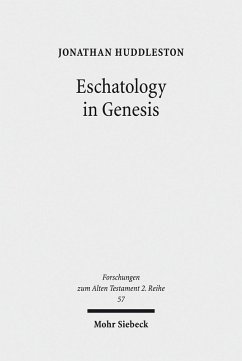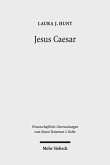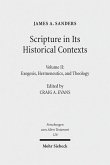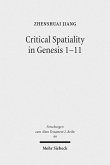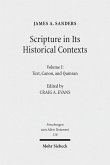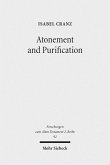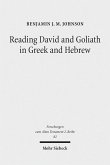In this study, Jonathan Huddleston examines Genesis as a rhetorical whole, addressing Persian-era Judean expectations. While some have contrasted Genesis' account of origins with prophetic accounts of the future, literary and historical evidence suggests that Genesis narrates Israel's origins precisely in order to ground Judea's hopes for an eschatological restoration. Promises to the ancestors semiotically apply to those who preserved, composed, and received the text of Genesis. Judea imagines its mythic destiny as a great nation exemplifying and spreading blessing among the families of the earth. Genesis' vision of Israel's destiny coheres with the postexilic prophetic eschatology, identifying Israel as a precious seed to carry forward promises of a yet-to-be-realized creation fruitfulness. Because this future requires a coming divine visitation, Genesis cannot be attributed to an anti-eschatological hierocracy. Rather, it reflects the same Persian-era Judean synthesis that produced the temple-oriented restoration eschatology of the prophetic corpus. Born 1974; 1995 BA in Humanities and Missions; 1999 M.Div. with Honors; 2011 PhD in religion, Hebrew Bible/ Old Testament; currently Assistant Professor of Old Testament at the Graduate School of Theology, Abilene Christian University, Texas.
Dieser Download kann aus rechtlichen Gründen nur mit Rechnungsadresse in A, B, BG, CY, CZ, D, DK, EW, E, FIN, F, GR, HR, H, IRL, I, LT, L, LR, M, NL, PL, P, R, S, SLO, SK ausgeliefert werden.

